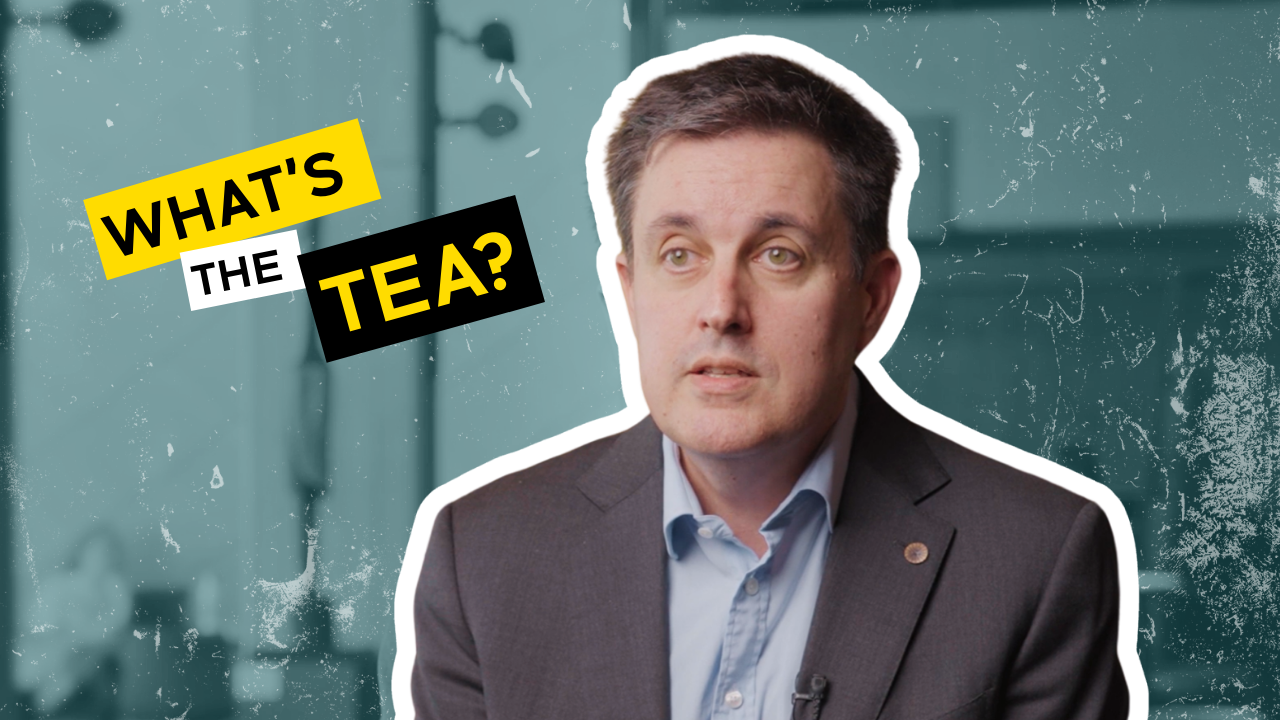Richard Holden on the impact of Trump

The next four years will surely be a wild ride.
From healthcare funding shifts to climate policy rollbacks, join UNSW Professor of Economics Richard Holden as he unpacks the potential impact of a second Trump administration on global healthcare, climate and sustainability, economic stability and social cohesion.
Richard provides insight into how the outcome of the US election might reverberate around the world.
Transcript
Richard Holden: Donald Trump could take us back in two years to the world we were in 52 years ago, in 1972.
Economic Impacts
The Trump administration could be really bad for the global economy.
President Elect Trump campaigned on a promise to put 20% across the board tariffs on goods and services from all countries, and as high as 50 to 60% on those from China.
That would be bad for the US. It would be bad for other countries around the world because it would lead to de globalisation and less free trade.
But it would be particularly concerning for Australia. As a small, open economy, a lot of our prosperity comes from international trade.
Australia's been a huge beneficiary of globalisation over the last 40 or 50 years, and the Trump administration could wind back the clock on that.
Health and Medical Research
The Trump Administration's impact on global health is less clear. The US has been really the cradle of innovation for a lot of medical breakthroughs and scientific research that have been incredibly important in driving better global health outcomes over the last half century and longer.
That could continue under a Trump administration. There's an enormous amount of funding and brain power and research capability in the United States that drives that innovation. The Trump Administration has not announced plans to curtail that in any way.
But in an environment that's less hospitable to living in the United States and working in the United States, a brain drain for those medical research institutions and for that innovation ecosystem could seriously damage the US and with it, world global health.
Climate and Sustainability
The Trump administration's unlikely to be good for global efforts to combat climate change.
He'll almost surely pull out of the Paris Agreement, which he did during his first administration, but that's largely symbolic.
The bigger concern is reversing important environmental measures contained in the Inflation Reduction Act that was passed during the Biden administration.
That's been incredibly important not only for reducing greenhouse gas emissions from one of the world's largest greenhouse gas emitters, but America's also the cradle of technological innovation. And that's particularly true when it comes to green energy technology. To wean the world off fossil fuels.
The Trump administration's not only likely to set that innovation backwards, but also make fossil fuels cheaper and more plentiful globally, making climate change worse.
Social Cohesion and Security
The Trump administration poses grave challenges for international security and with it, social cohesion. Ukraine is very unlikely to receive the kind of military support that it has under the present administration.
And Russia will gain some kind of deal, it seems, in annexing territory of Ukraine.
President Trump has said that he will pull out of NATO, which raises the prospect of very fraught security issues in Europe.
He suggested that he would be amenable to Taiwan falling to China.
There are questions about the southern border with Mexico.
All of these things pose enormous challenges to what has been a fairly stable global security regime. And that's before we even get to the terrible events that are going on in the Middle East.
The next four years will surely be a wild ride, but US institutions have proven remarkably resilient over the last nearly two and a half centuries.
America's the world's oldest democratic experiment, and there's every reason to believe that that experiment will continue even during a Trump administration.

Richard Holden
Richard Holden is a Professor of Economics at UNSW Sydney and the President of the Academy of Social Sciences in Australia. He was formerly on the faculty at MIT and the University of Chicago and earned a PhD from Harvard University. He has published numerous paper in top economics journals and is a regular columnist at The Australian Financial Review.




